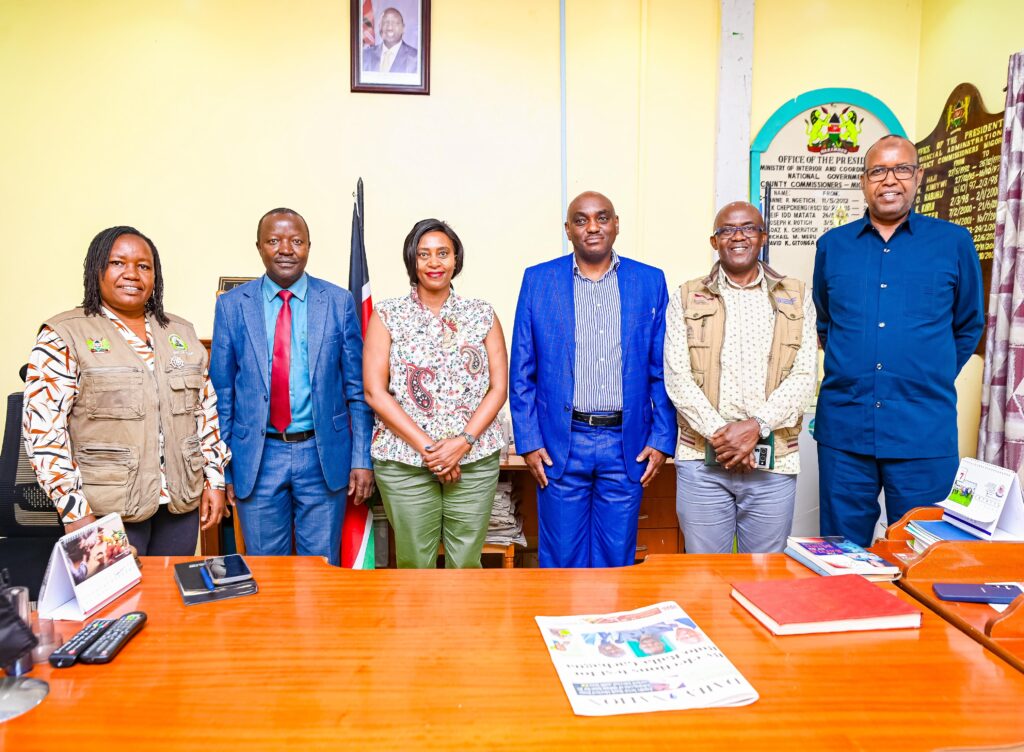The Principal Secretary for Public Health and Professional Standards, Ms. Mary Muthoni, recently visited Migori County to engage with local leadership ahead of the launch of the “Epuka Uchafu Afya Nyumbani” campaign and an awareness drive targeting tobacco farmers in Kuria West. This meeting, held with the Migori County Commissioner, Mr. Kisilu Mutua, focused on enhancing public health efforts at the grassroots level, recognizing the vital role of National Government Administration Officers (NGAOs) in community mobilization.
A major highlight of the discussions was the importance of fostering clean environment initiatives within communities. The campaign seeks to encourage households to maintain hygienic living spaces, which are essential for preventing disease and promoting overall wellbeing. By advocating for proper waste management and sanitation practices, the initiative aims to reduce health risks linked to environmental pollution. The involvement of NGAOs is pivotal as they are the direct link between the government and the grassroots, enabling effective dissemination of information and mobilization of residents.
Equally significant was the focus on sensitizing tobacco farmers in Kuria West about the health hazards associated with tobacco cultivation and consumption. The campaign emphasized the adverse effects tobacco farming has not only on individual health but also on the economic stability of farming households and the broader community. Tobacco farming often leads to long-term financial strain due to the health costs arising from tobacco-related illnesses and the diminishing agricultural diversity that impacts food security.
Ms. Muthoni underlined the importance of providing tobacco farmers with alternative livelihood options to transition away from tobacco cultivation. Diversifying into more sustainable and health-friendly crops can improve household incomes and reduce the community’s vulnerability to the negative impacts of tobacco. This approach aligns with national health objectives aimed at reducing tobacco use prevalence while supporting economic development in rural areas.
The collaboration between the Ministry of Health and county officials signals a strong commitment to integrating health promotion with environmental protection and economic empowerment. By leveraging local leadership and government officers’ networks, the campaign aims to create lasting change in public health outcomes and community resilience.
This initiative in Migori reflects a broader national strategy to combat preventable health risks through community-driven approaches. It recognizes that sustainable health improvements require coordinated efforts addressing environmental hygiene and lifestyle choices, such as tobacco use. Ultimately, empowering communities with knowledge and practical tools will lead to healthier living environments and improved quality of life for residents.

